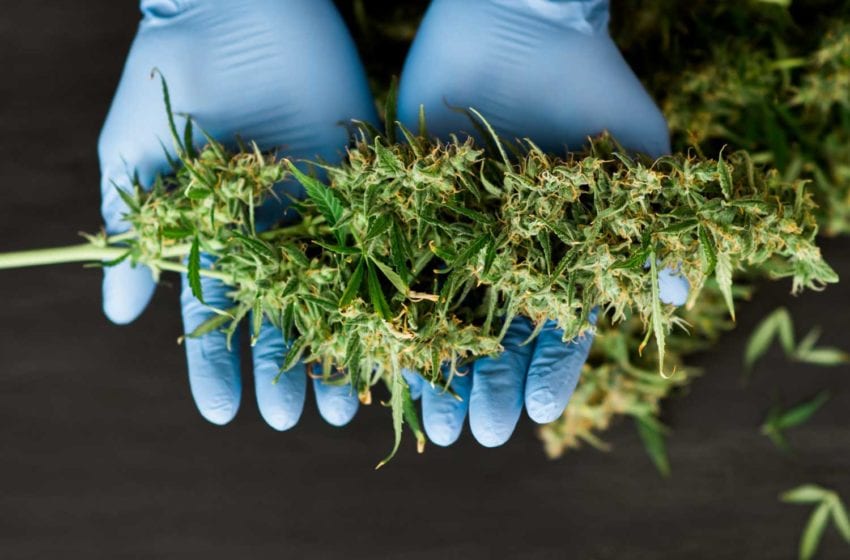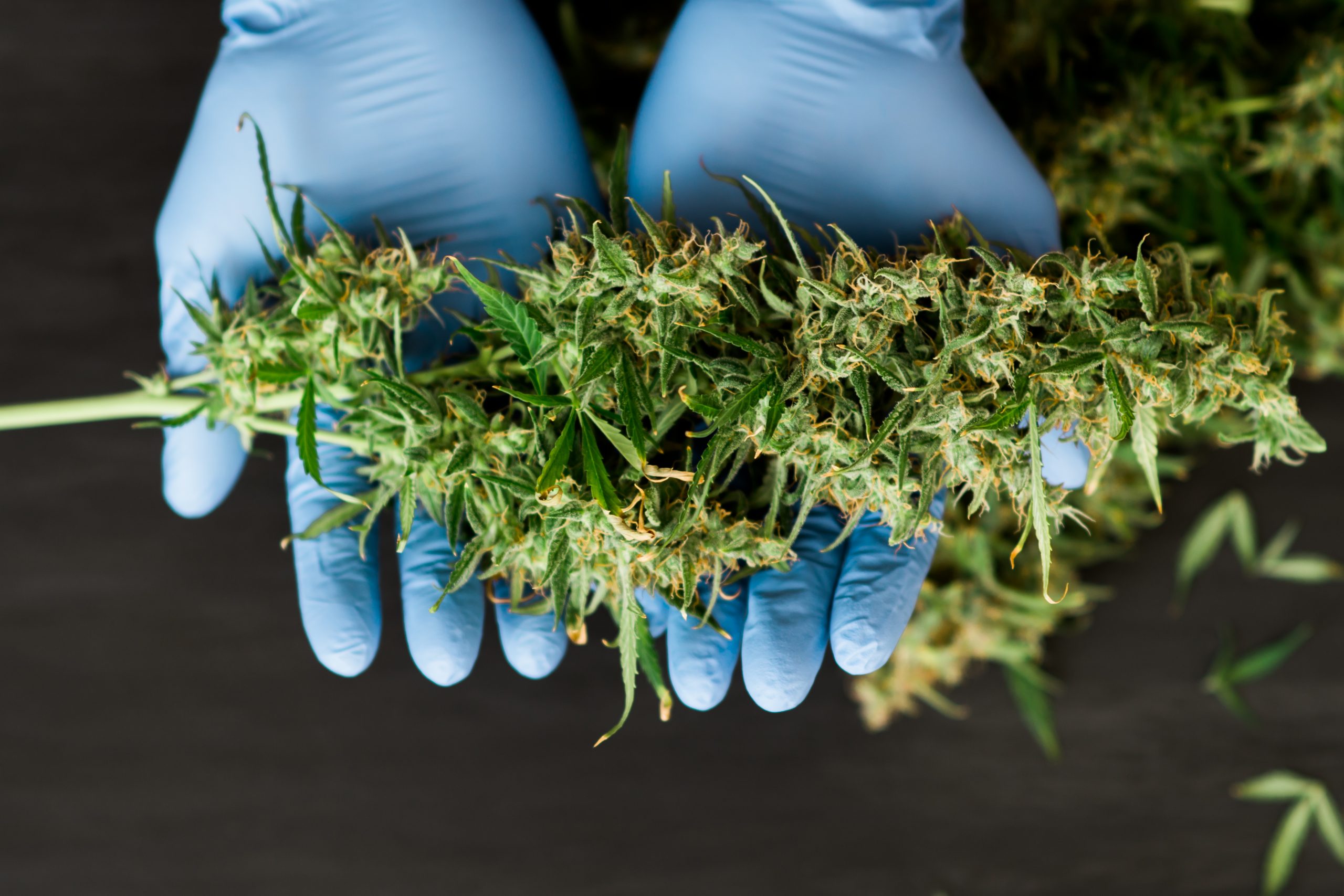White House Asked to Reclassify Marijuana
- Cannabis Featured News This Week
- May 2, 2024
- 0
- 3 minutes read


The U.S. Drug Enforcement Administration plans to reclassify marijuana as a less dangerous drug, which could have far-reaching implications for American drug policy.
The proposed measure, which is yet to be reviewed by the White House Office of Management and Budget, aims to acknowledge the medical benefits of using cannabis and recognize the fact that it is less prone to abuse in comparison to some of the most dangerous drugs in the country and reclassify cannabis as a Schedule III drug.
However, it does not seek to legalize marijuana for recreational purposes.
Five people familiar with the matter who spoke on the condition of anonymity to discuss the sensitive regulatory review confirmed the agency’s move to the AP on Tuesday. The move clears the last significant regulatory hurdle before the agency’s biggest policy change in more than 50 years can take effect.
According to the DEA, the following are examples of Schedule I drugs:
- Heroin
- Lysergic acid diethylamide (LSD)
- Cannabis
- Methamphetamine
- Methaqualone (Quaalude)
- Peyote
According to the National Institute for Health, California became the first State to make it illegal to possess cannabis. In the 1930s, the then U.S. Federal Bureau of Narcotics warned of the increasing abuse of cannabis, and by 1937, 23 States had criminalized possession.
By 1970, the Controlled Substances Act passed, and the Federal government categorized marijuana as a Schedule I substance.
The planned DEA rule change followed an August 2023 recommendation from the Department of Health and Human Services (HHS) that DEA reschedule marijuana from Schedule I to Schedule III. Any change to the status of marijuana via the DEA rulemaking process would not take effect immediately.

